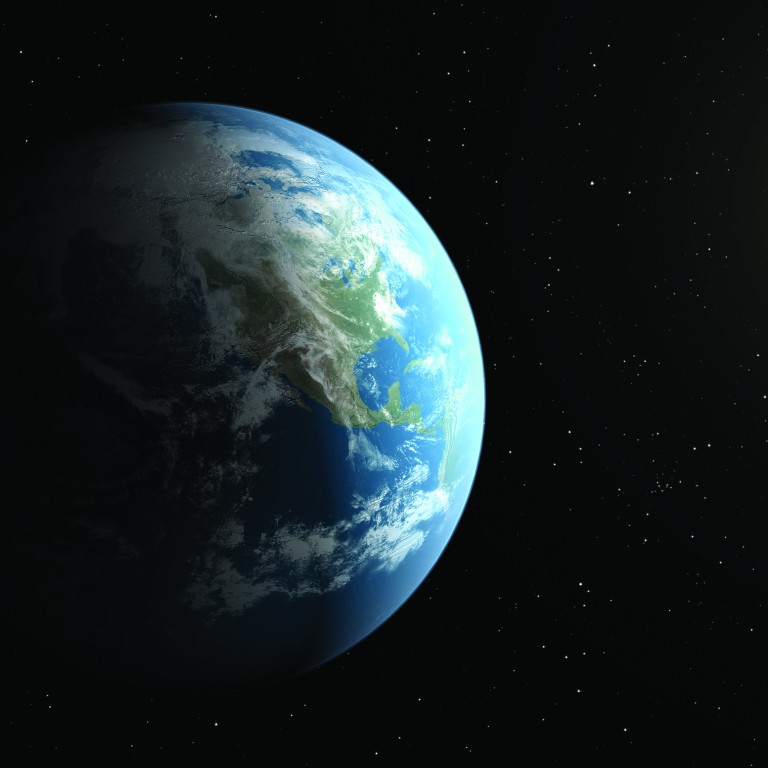
As the universe begins its fade to black, we should marvel on the miracle of life
Paul Stapleton says news that our universe is slowly dying brings home the fact of our rare, precious existence - surely a cause for celebration
We have just learned that our universe is slowly dying. Scientists have recently announced that within a few trillion years, give or take a billion or two, our universe will run out of energy and stop making stars. All that will remain is a cosmic void - an abyss of darkness.
A sobering thought indeed, given the other weighty issues our world is grappling with, such as climate change and terrorism in the Middle East, not to mention Hong Kong's struggle for democracy or the fall in the renminbi.
Astronomer Carl Sagan once referred to our planet as the "pale blue dot", a mere footnote in a vast encyclopedia. But it is at times like these, when we learn more about our universe, that our earthly challenges and problems are brought into perspective.
Years ago, in an open forum for questions in a British weekly newspaper, one reader asked simply: "What is the greatest irony?" A week later, another reader replied: "The greatest irony is that we live each day of our life as if we are never going to die."
We can now add that not only will we all die, but so will our solar system and universe. And not in a trillion years for the former, but much sooner. Scientists inform us that in a mere few billion years, the sun will expand and consume our earth.
Heady stuff indeed. But the knowledge of our transience brings pause for thought. The truth is, we allow ourselves to get wrapped up in the issues of the day and worry about our collection of material goods, along with our mostly futile attempts to keep up with the Joneses.
The transience of our lives is not at all a reason to be depressed. Knowledge emerging from quantum physics states that even the tiniest alteration in the physical composition of our universe would make all biological phenomena impossible.
Theoretical physicists have discovered that we live in a universe where dark energy pushes things apart while dark matter tries to pull things together. This tug of war between the two, which allows stars and galaxies to form, is fine-tuned to 120 decimal places. With one infinitesimally small difference in the formula in which our universe operates, galaxies, stars and planets would not have formed.
In other words, life itself is an unimaginably unlikely fluke. And intelligent life such as ourselves, who have reached a point where we can understand our own improbability, is implausible to the extreme.
No, the fact that our universe has a shelf life needn't be depressing. Rather, this knowledge informs us of our miraculous existence and should be a cause for celebration and a reminder to seize the day.

